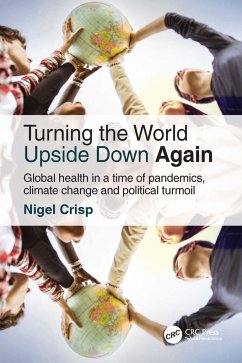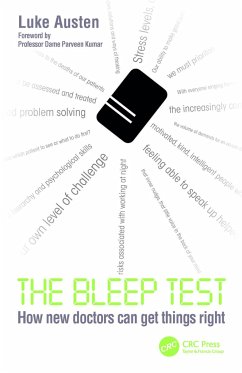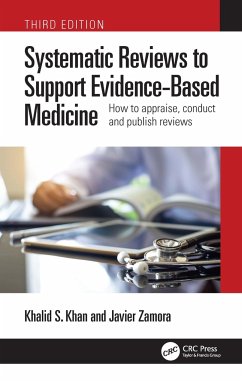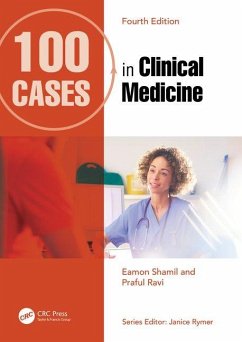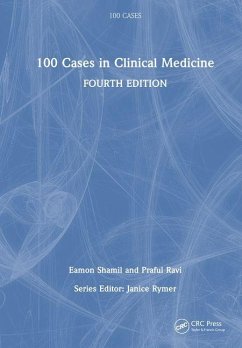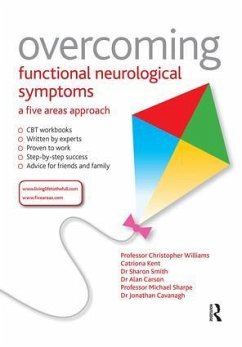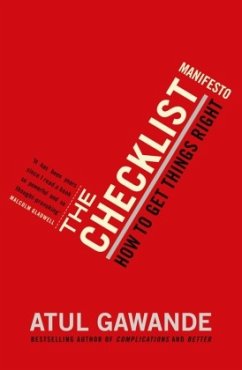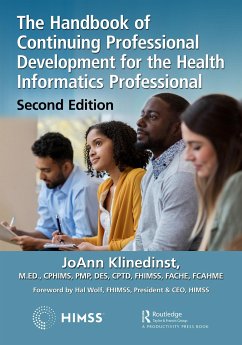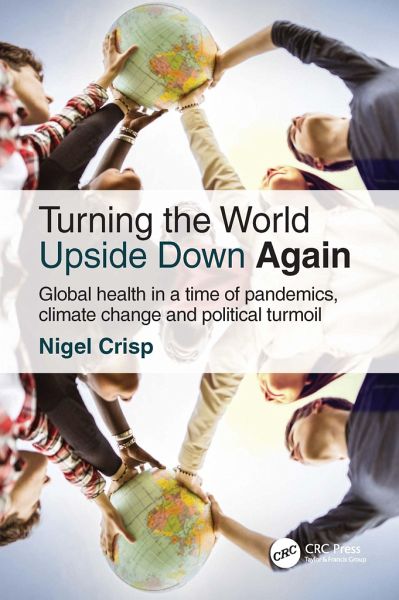
Turning the World Upside Down Again
Global health in a time of pandemics, climate change and political turmoil
Versandkostenfrei!
Versandfertig in 6-10 Tagen
71,99 €
inkl. MwSt.
Weitere Ausgaben:

PAYBACK Punkte
36 °P sammeln!
In Turning the World Upside Down Nigel Crisp argued that the most affluent and powerful countries in the world can learn a great deal about health from lower income countries with their different insights and experiences and their ability to innovate free from vested interests and received wisdom.In Turning the World Upside Down Again, he argues that they need to go further and listen to and learn from disempowered communities in their own countries. He describes how combining the learning from different countries and communities can lead us to a new ecologically based vision for health and ne...
In Turning the World Upside Down Nigel Crisp argued that the most affluent and powerful countries in the world can learn a great deal about health from lower income countries with their different insights and experiences and their ability to innovate free from vested interests and received wisdom.
In Turning the World Upside Down Again, he argues that they need to go further and listen to and learn from disempowered communities in their own countries. He describes how combining the learning from different countries and communities can lead us to a new ecologically based vision for health and new and practical ways of improving health for ourselves, our communities and our planet.
This second edition, 12 years after the first, is extensively re-written and fully updated, drawing on examples from around the world and reflecting what has already been learned from the COVID-19 pandemic and from the onset of climate change.
Turning the World Upside Down Again continues the search for understanding begun in the first edition and describes how western scientific medicine, which has served us so well in the 20th Century, must adapt and evolve further and faster to cope with the demands of the 21st Century.
In Turning the World Upside Down Again, he argues that they need to go further and listen to and learn from disempowered communities in their own countries. He describes how combining the learning from different countries and communities can lead us to a new ecologically based vision for health and new and practical ways of improving health for ourselves, our communities and our planet.
This second edition, 12 years after the first, is extensively re-written and fully updated, drawing on examples from around the world and reflecting what has already been learned from the COVID-19 pandemic and from the onset of climate change.
Turning the World Upside Down Again continues the search for understanding begun in the first edition and describes how western scientific medicine, which has served us so well in the 20th Century, must adapt and evolve further and faster to cope with the demands of the 21st Century.




